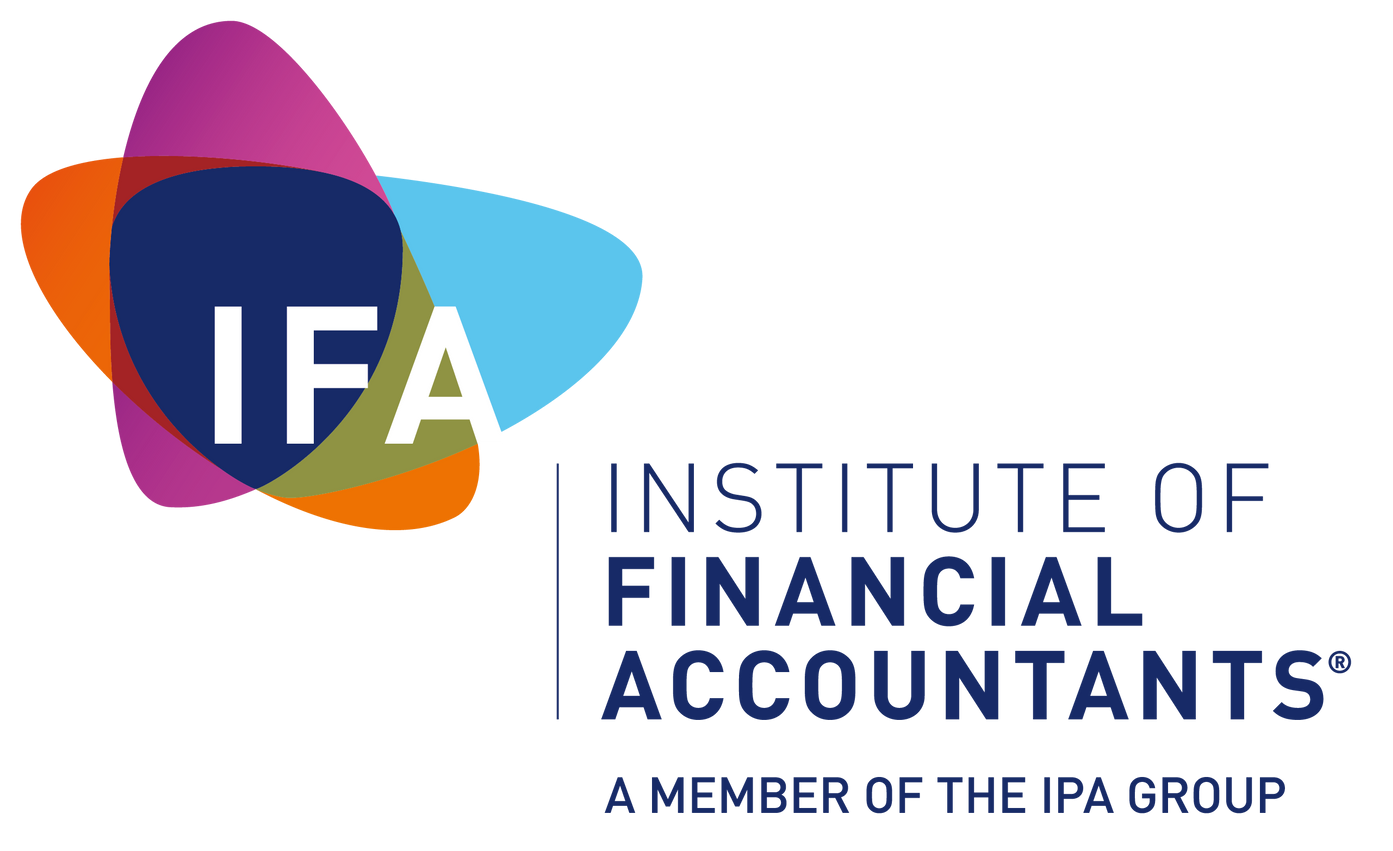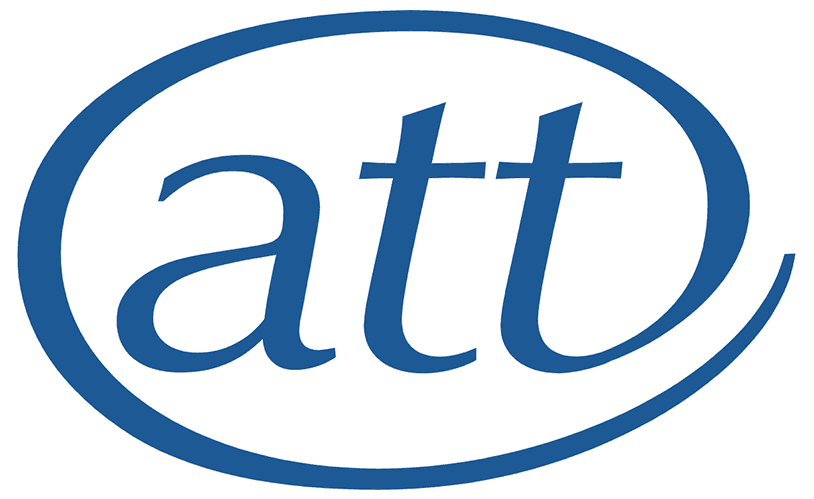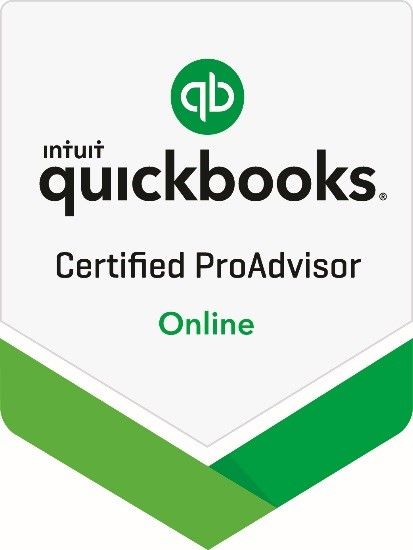The myth of AI bookkeeping software: why bookkeeping software doesn't reduce your workload as much as you think
In recent years, AI-driven bookkeeping software has been heavily marketed as a game-changer for businesses, promising to reduce the workload and complexity of financial management. These platforms claim to automate tedious bookkeeping tasks, eliminate manual data entry, and save businesses time and money. However, as experienced accountants, we see a different reality. While these tools offer benefits, they do not necessarily reduce the workload involved in bookkeeping to the extent their marketing suggests. Here’s why.
1. Data Entry Errors Still Require Human Oversight
AI-powered bookkeeping software relies on algorithms to categorise transactions, but these classifications are often inaccurate. The software may misallocate expenses, misinterpret transactions, or fail to understand industry-specific nuances. Businesses still need a knowledgeable accountant or bookkeeper to review and correct these errors, meaning the time saved on data entry is often spent fixing mistakes.
2. Reconciliation Is Still a Manual Process
One of the biggest misconceptions about AI bookkeeping software is that bank reconciliations are fully automated. While transactions can be imported automatically, matching them to the correct accounts is not always straightforward. Duplicate transactions, missing receipts, and unclassified expenses still require manual intervention to ensure the accuracy of financial records.
3. AI Cannot Replace Professional Judgment
Accounting is not just about recording transactions—it involves making informed financial decisions, ensuring compliance, and optimising tax efficiency. AI bookkeeping software lacks the professional judgment needed to interpret financial data correctly. A qualified accountant must still oversee the process to ensure compliance with HMRC regulations and optimise tax planning.
4. Software Requires Setup and Continuous Management
For AI bookkeeping software to function effectively, it needs to be set up correctly, with appropriate rules and categories tailored to the business’s specific needs. This setup requires professional expertise and regular adjustments as the business grows and changes. Without this ongoing management, errors will accumulate, leading to incorrect financial reports and potential compliance issues.
5. Integration with Other Systems Can Be Complex
Many businesses use multiple software solutions for payroll, inventory, sales and customer management. Integrating these systems can be challenging and often requires technical expertise. Data discrepancies between systems can cause inefficiencies rather than saving time.
6. Regulatory Compliance Still Requires Human Input
Businesses in the UK must comply with Making Tax Digital (MTD) regulations, VAT submissions, and other HMRC requirements. While AI software can assist in preparing reports, the responsibility for ensuring accuracy and compliance still falls on business owners and their accountants. Misreporting financial data due to software errors can lead to fines and penalties.
The Reality: AI Bookkeeping Software Is a Tool, Not a Solution
AI-driven bookkeeping platforms can undoubtedly improve efficiency and reduce some manual tasks. However, they do not eliminate the need for professional bookkeeping and accounting expertise. Businesses should view these platforms as tools to support financial management, rather than as replacements for human oversight.
For accurate bookkeeping, compliance, and strategic financial planning, working with a qualified accountant remains essential. If you’re using AI bookkeeping software, ensure that you have the right professional support to verify its accuracy and make informed financial decisions.
Conclusion
While AI bookkeeping software offers convenience and automation, it does not replace the critical work involved in bookkeeping. Business owners must remain vigilant and work closely with accountants to ensure their financial records are accurate and compliant. Don’t be misled by marketing claims—technology is an aid, not a substitute for professional expertise.

Harris Accountancy Ltd





